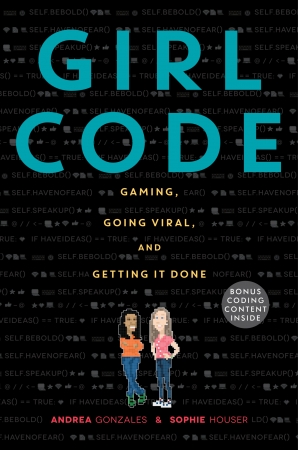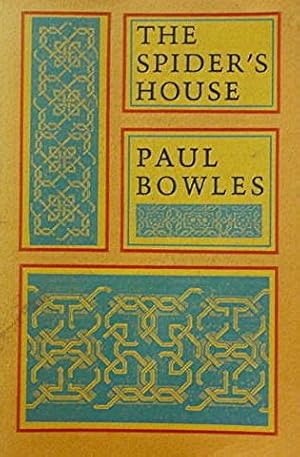William Gass' single-essay book, On Being Blue, isn't quite about the color blue. Well, it is, I guess, but not quite in the way I expected when I got it as a Christmas present. (From my mother no less-sorry, Mom; I'm not sure either of us knew what was really in here.) In fact, On Being Blue vacillates between two poles: one, a meditation on the proliferation of the color blue in all its forms and habitations, and the other an investigation into one particular shade of the word "blue"--that is, the blue of blue films and working blue. That is, obscenity and sex.
Gass' essay is diffident, without a clear purpose or center. But his style, fluid and exuberant, is worth the price of admission in and of itself, as illustrated by his facility with repetition that ought to make the book's opening a dull sentence indeed:
Blue pencils, blue noses, blue movies, laws, blue legs and stockings, the language of birds, bees, and flowers as sung by longshoremen, that lead-like look the skin has when affected by cold, contusion, sickness, fear; the rotten rum or gin they call blue ruin and the blue devils of its delirium; Russian cats and oysters, a withheld or imprisoned breath, the blue they say that diamonds have, deep hole in the ocean and the blazers which English athletes earn that gentlemen may wear; afflictions of the spirit--dumps, mopes, Mondays--all that's dismal--low-down gloomy music, Nova Scotians, cyanosis, hair rinse, bluing, bleach; the rare blue dahlia like that blue moon shrewd things happen only once in, or the call for trumps in whist (but who remembers whist or what the death of unplayed games is like?), and correspondingly the flag, Blue Peter,which is our signal for getting underway; a swift pitch, Confederate money, the shaded slopes of clouds and mountains, and so the constantly increasingly absentness of heaven (ins Blaue hinein, the Germans say), consequently the color of everything that's empty: blue bottles, bank accounts, and compliments, for insurance, or, when the sky's turned turtle, the blue-green bleat of ocean (both the same), and, when in Hell, its neatly landscaped rows of concrete huts and gas-blue flames; social registers, examination booklets, blue bloods, balls, and bonnets, beards, coats, collars, chips, and cheese... the pedantic, indecent and censorious... watered twilight, sour sea: through a scrambling of accidents, blue has become their color, just as it's stood for fidelity.
Whew! That was a beast to type. But it's an incredible thing to see--Gass clearly takes his cues on how to deal with the repeated word from D. H. Lawrence, who gets special recognition in the essay for his failure to write about sex convincingly.
It's not just Lawrence, though his case is the most tragic--Gass thinks that no one can really write about sex sufficiently. It's one of the few cogent points that emerge now and then from the essay. We retreat from sex, literarily speaking, because our efforts to treat it directly are doomed to failure. So we embrace terms that are emptied of signification because they are the best we can do. ("When, with an expression so ill-bred as to be fatherless," Gass writes, "I enjoin a small offensive fellow to 'fuck a duck,' I don't mean he should.") Blue, a color Gass conceives of as taking an especially wide range of meanings and connotations, easily takes on the ineffable connotation of the sexual act. That's what links the two poles together.
Around this idea, the essay meanders with only a modicum of purpose or organization. Were Gass' prose itself not so captivating, it would hardly be tolerable. In contrast, read Michael Gorra's laudatory introduction, which apes, or falls despite itself into an imitation of, Gass' style, but far less effectively. And the central connection of the book suffers today because, forty years after the essay's writing, we don't really use the word in the same way. Who calls porn "blue movies" now anyway? I didn't close On Being Blue feeling especially enlightened, either on sex or the color wheel, but I enjoyed reading it anyhow.










